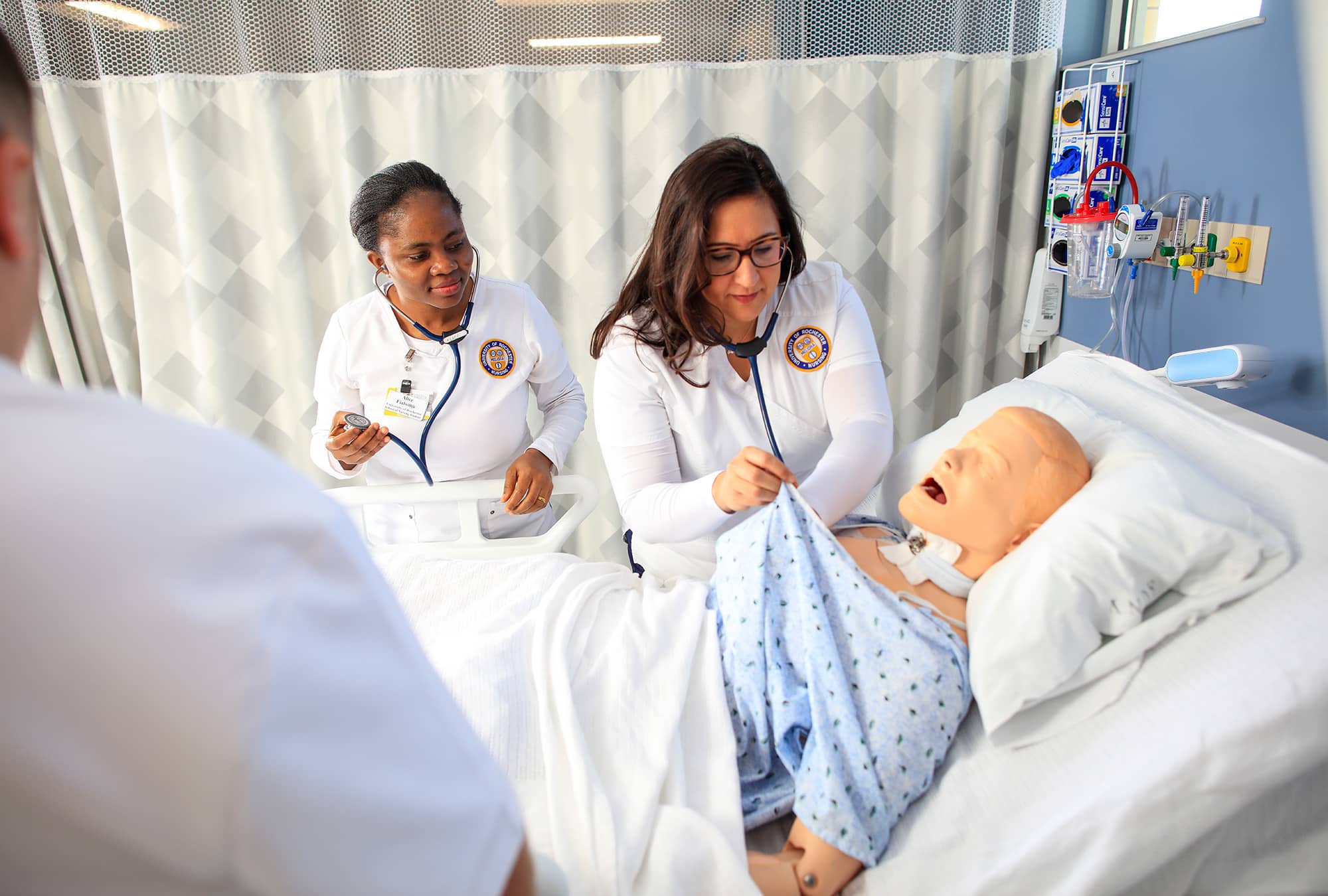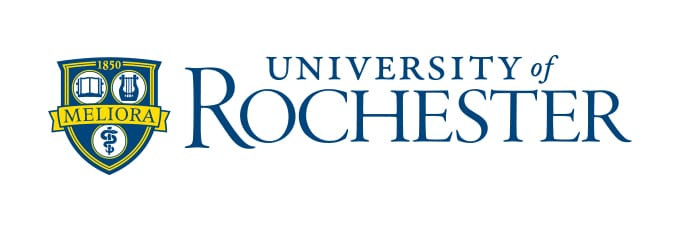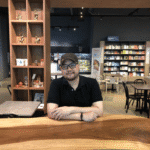The University of Rochester’s School of Nursing prepares new generations of nurse clinicians, leaders, researchers and educators. These individuals take on public health challenges head-on, bringing necessary solutions to the rest of the world. Succeeding in such a noble purpose, it is no surprise that the school has a long list of accolades.
It was endorsed by the International Nursing Association for Clinical Simulation and Learning for its commitment to quality and implementation of rigorous evidence-based practices in healthcare education to improve patient care. It received the American Associate of Colleges of Nursing’s (AACN) 2023 Innovations in Professional Nursing Education award in the academic health centre category. The school is also recognised as one of five Apple Distinguished Schools in the nation for innovation in teaching, learning, and creating a digital learning environment to achieve 21st-century nursing education practices.
Even its founder, who established it as an independent school in 1972, is a luminary herself. Dean Loretta Ford, RN, EdD, co-developer and pioneer of the nurse practitioner model, was inducted into the National Women’s Hall of Fame in 2011, and the American Academy of Nursing named her a Living Legend.
There are many reasons for these awards. Many were earned on the back of the school’s life-changing impact on students, giving them the confidence, competencies, and vision to grow as professionals.
“I believe that the nursing education I got at UR Nursing has prepared me to address health challenges both locally and globally,” says 2022 graduate Mihreteab Abreha.
Prior to joining the nursing programme, Abreha earned a bachelor’s and master’s degree in geography and environmental education from Addis Ababa University in Ethiopia.

The Accelerated Bachelor’s in Nursing Programme is specifically created for non-nurses to become nurses at the number one nursing school in Upstate New York. Source: University of Rochester
He currently works in the Cardiovascular Unit at the University of Rochester Medical Center (UR Medicine) with thoracic, colorectal, plastic and burn patients. He is one of many students who have thrived after graduation.
Working as a psychiatrist in Bangladesh, graduate Syed Touhid Mahmud knew little about the nursing profession before joining the programme. After moving to the U.S. in 2014, he saw nursing as the perfect way to fulfill his dream of caring for the mental health of patients and community members. He is now a certified Psychiatric Nurse Practitioner (NP) at the Healing Connection, an eating disorder clinic.
“I have also been serving part-time at telepsychiatry at UR Medicine,” he says. “As a psych NP, I see residents with mental health issues in different nursing homes across New York state via Zoom.”
Both Abreha and Mahmud completed the Accelerated Bachelor’s in Nursing Programme (ABSN), specifically created for non-nurses with a bachelor’s degree who want to pursue new careers in nursing at the number one nursing school in upstate New York. There are three cohorts a year in January, May, or September. You can complete this fully-accredited nursing degree in just 12 months to prepare for the licensing exam and practice as a registered nurse. As many as 92% of National Council Licensure Examination registered nurses (NCLEX-RN) pass on the first attempt. Patrick Hopkins, previous ABSN programme co-director and associate professor of Clinical Nursing, emphasises that the full-time programme is very intense.
Hopkins adds that graduates of the programme progress in their career and become international leaders in nursing and health care. Learning from practising lecturers certainly helps — 91% of the faculty maintain an active practice in clinical settings. “They learn so much in one short year and, in doing that, create lifelong bonds with other students and faculty,” he says. “Finally, getting to know these students over the years, I have been impressed by their intelligence, fortitude, and compassion. I would be happy to have them take care of me or the people that I love.”

Educators use games like escape rooms as a simulation to help students apply their knowledge and strengthen their retention. Source: University of Rochester
The ABSN’s concept-based curriculum with active learning strategies sets it apart. It is continuously assessed and updated. Educators even use games like escape rooms as simulations to help students apply their knowledge and strengthen their retention. In fact, the school opened a US$15 million Helen Wood Hall building expansion in May 2022, a state-of-the-art facility with a 20-bed skills lab, four simulation labs with high fidelity mannequins, augmented and VR spaces and combined clinical and experiential learning to advance nursing education.
The hands-on experiences empower students, helping them master their skills. “Simulation has been transformative in not only the ABSN programme but also in other School programmes and programmes outside the school, e.g. social work, chaplaincy services,” explains Hopkins. “This provides life-like experiences for the students and is always highly rated by them.”
Another degree of note is the PhD in Nursing and Health Science Programme. Here, full-time PhD students receive a full tuition waiver for up to 60 credits, health insurance coverage, and a stipend. The School of Nursing ranks 31 in research funding from the National Institutes of Health among nursing schools (US$6.4 million received in 2022-23).
In terms of research, the institution has established five areas tied to health equity research: cancer and palliative care, sexual health and HIV, cardiac care, ageing, and parent-child, adolescent, and transgenerational health. Within these areas, the research projects have taken on pressing health challenges. Highlights include boosting HIV self-testing and reducing stigma for men in Ghana; exploring sexual health and preventing HIV in women of colour; and the exploration of data science to estimate fetal weight.
Diversity in its research and at the school is also a strength. It received a seventh consecutive HEED Award (Health Professions Higher Education Excellence in Diversity) from INSIGHT into Diversity magazine in October 2023 for its continued work to advance diversity equity, and inclusion efforts, and weave them into the work being done every day across campus.
Hopkins notes that there has been a secondary agenda of providing services to those with restricted access. “We created a population health course for the students before it became a requirement,” he says. “Many faculty provide services through clinics and centres that serve the marginalised and provide real-life examples of impact on lives.”
Kickstart your journey as a nurse at a school ranked #22 and #23 in the nation for master’s and bachelor’s nursing programmes respectively (US News & World Report). Click here to apply now.
Follow the University of Rochester School of Nursing on Facebook, X, Instagram, and LinkedIn.













